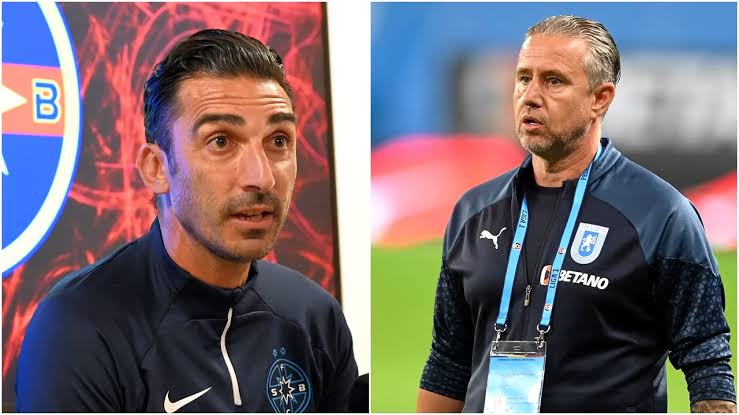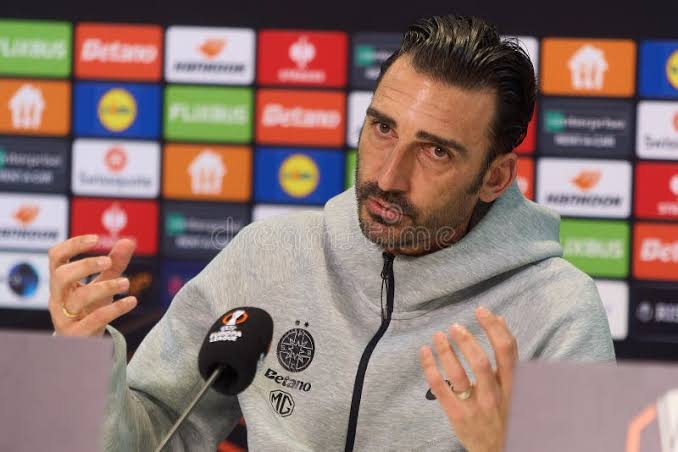
ohn Stewart has emerged as a prominent voice in media criticism, dedicating his career to calling out the mainstream press for its increasing reliance on sensationalism and the diminishing emphasis on rigorous investigative journalism. His work has sparked widespread conversations about the role and responsibility of news organizations in today’s fast-paced media landscape.
Stewart’s critiques focus on how major news outlets often prioritize eye-catching headlines and entertainment value over thorough reporting. He argues that this trend undermines the public’s ability to stay informed about important societal issues, ultimately eroding trust in the media as a whole.
Over the years, Stewart has gained a significant following through a combination of television appearances, written commentary, and social media engagement. His sharp analyses dissect how media corporations, driven by ratings and profits, sometimes sacrifice journalistic integrity to attract viewers and advertisers.
One of Stewart’s central messages emphasizes the need for a return to foundational journalistic principles—fact-checking, in-depth investigation, and balanced reporting. He calls on both media professionals and consumers to demand higher standards and greater accountability from news providers.
Critics of Stewart’s approach, however, argue that the media industry faces unique challenges in the digital era, including the 24-hour news cycle and the pressure to deliver information rapidly. They contend that these constraints make sensational headlines almost unavoidable but also highlight the efforts some outlets make to uphold quality journalism despite these obstacles.
In response, Stewart acknowledges these challenges but insists that they are not an excuse for abandoning responsible reporting. He frequently points to investigative journalists and independent news organizations as examples of how in-depth journalism can thrive even under difficult conditions.
Stewart’s influence has extended beyond media criticism; he has inspired journalism students, media professionals, and everyday viewers to think more critically about the news they consume. His work continues to encourage a dialogue on how to rebuild public trust in the media through a recommitment to truth and transparency.
As debates about media ethics and practices intensify, Stewart remains a key figure advocating for meaningful change. His career serves as a reminder of the vital role that robust investigative journalism plays in a functioning democracy.



